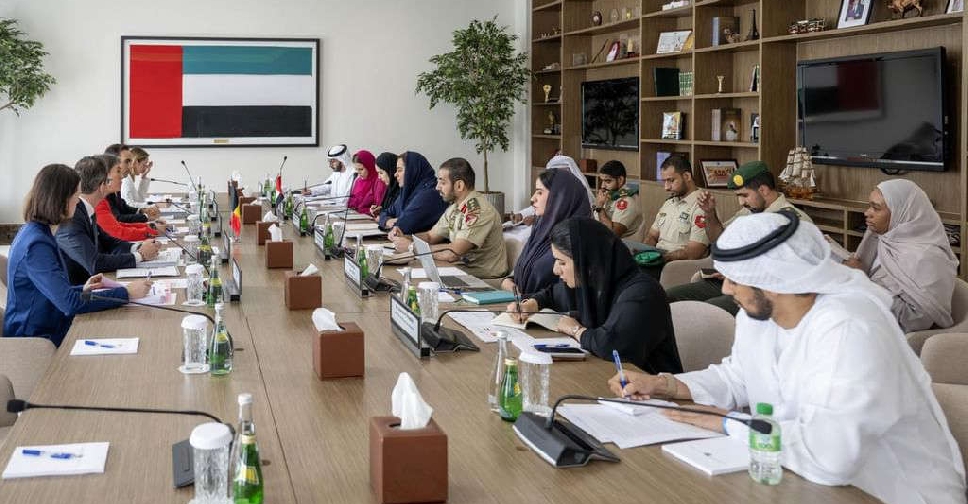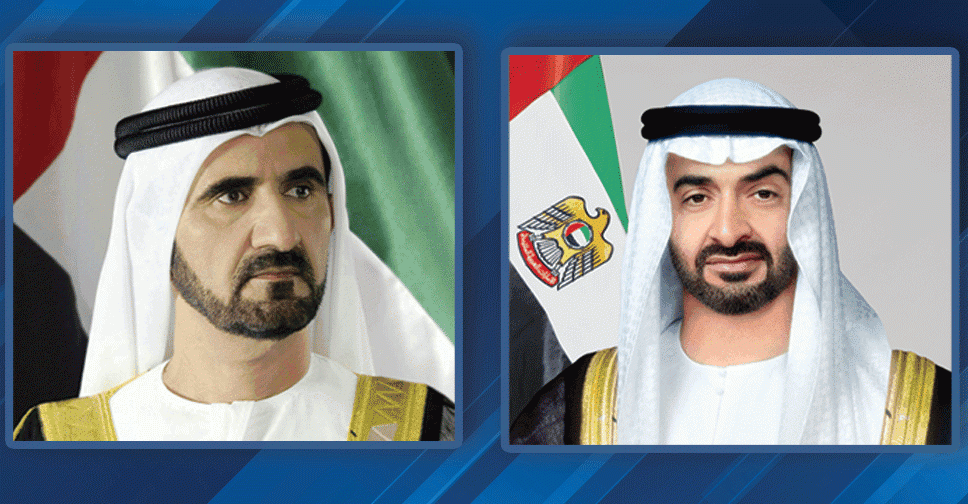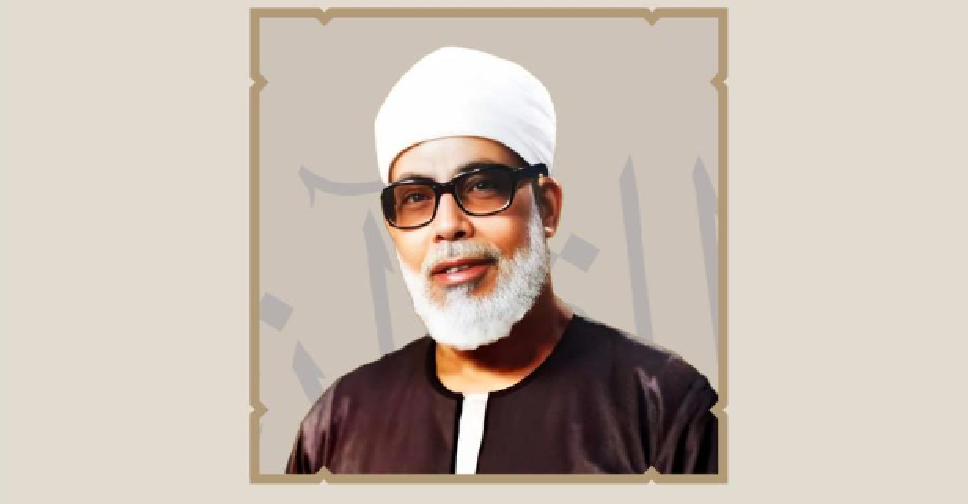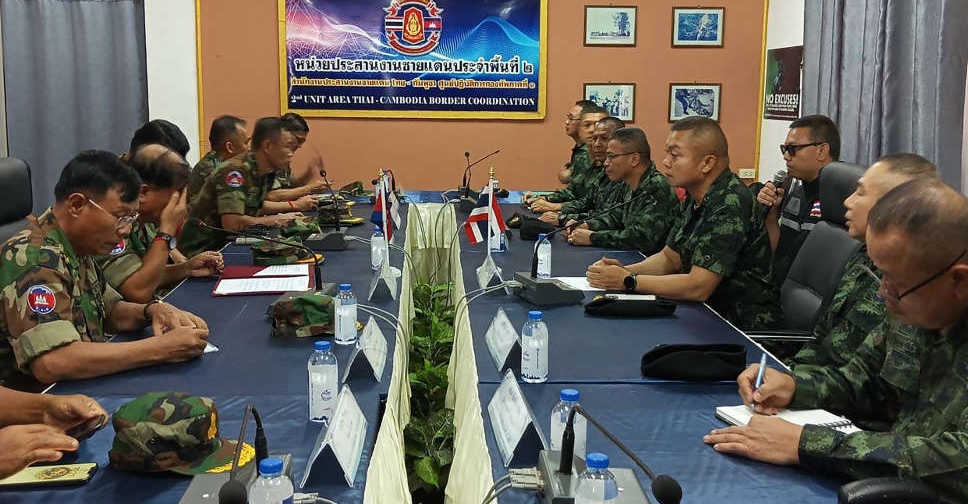
Military commanders from Thailand and Cambodia held talks on Tuesday, as calm return to their disputed border and displaced residents began trickling back, following the Southeast Asian neighbours announcing a truce to end five days of fighting.
Thai and Cambodian leaders met in Malaysia on Monday and agreed to a ceasefire deal to halt their deadliest conflict in more than a decade that has killed at least 40 people, mostly civilians, and displaced over 300,000 in both countries.
Although Thailand's military said that there had been attacks by Cambodian troops in at least five locations early on Tuesday, violating the ceasefire that had come into effect from midnight, commanders from both sides met and held talks, a Thai army spokesman said.
This includes negotiations between the general leading Thailand's 2nd region army, which oversees the stretch of the frontier that has seen the heaviest fighting during the conflict, and his Cambodian counterpart, Thai Major Gen. Winthai Suvaree told reporters.
The commanders, who met at the border, agreed to maintain the ceasefire, stop any troop movement, and facilitate the return of the wounded and dead bodies, he said.
"Each side will establish a coordinating team of four to resolve any problems," Winthai said.
In Bangkok, Thailand's acting Prime Minister Phumtham Wechayachai, who travelled to the Malaysian capital to secure the truce deal, said he had spoken to Cambodia's defence minister and calm had returned to border area.
"There is no escalation," Phumtham told reporters. "Right now things are calm."
Maly Socheata, a spokesperson for the Cambodian Defence Ministry, said at a briefing on Tuesday that there had been no new fighting along the border.
Vehicular traffic and daily activity resumed in the Kantharalak district of Thailand's Sisaket province on Tuesday, about 30 km from the frontlines, where Thai and Cambodian troops remain amassed.
TALKS AND TRADE
The Southeast Asian neighbours have wrangled for decades over their disputed frontier and have been on a conflict footing since the killing of a Cambodian soldier in a skirmish late in May, which led to a troop buildup on both sides and a full-blown diplomatic crisis.
Monday's peace talks came after a sustained push by Malaysian Premier Anwar Ibrahim and US President Donald Trump, with the latter warning Thai and Cambodian leaders that trade negotiations would not progress if fighting continued.
Thailand and Cambodia face a tariff of 36 per cent on their goods in the US, their biggest export market, unless a reduction can be negotiated. After the ceasefire deal was reached, Trump said he had spoken to both leaders and had instructed his trade team to restart tariff talks.
Pichai Chunhavajira, Thailand's finance minister, said on Tuesday that trade talks with Washington are expected to be concluded before August 1, and that U.S. tariffs on the country are not expected to be as high as 36 per cent.
The ceasefire deal reflected a rare convergence of interest between the US and China, which also pushed for the talks, but the agreement itself remained fragile and third-party monitoring was essential to keep it in place, said Thitinan Pongsudhirak, a political scientist at Bangkok's Chulalongkorn University.
"The ceasefire agreement has to be enforced," he said. "It cannot be left to Thailand and Cambodia to implement because the hostilities are running so deep now."

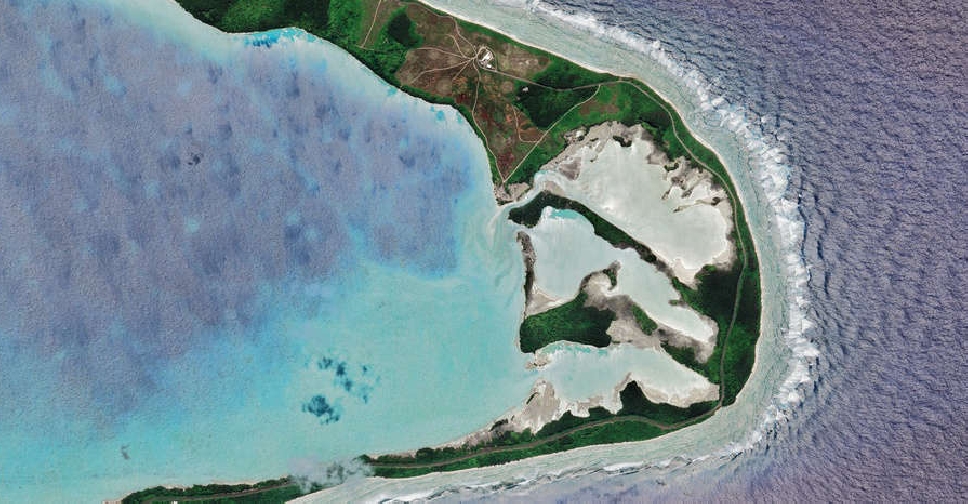 UK government sparks confusion over 'pause' on Chagos Islands deal
UK government sparks confusion over 'pause' on Chagos Islands deal
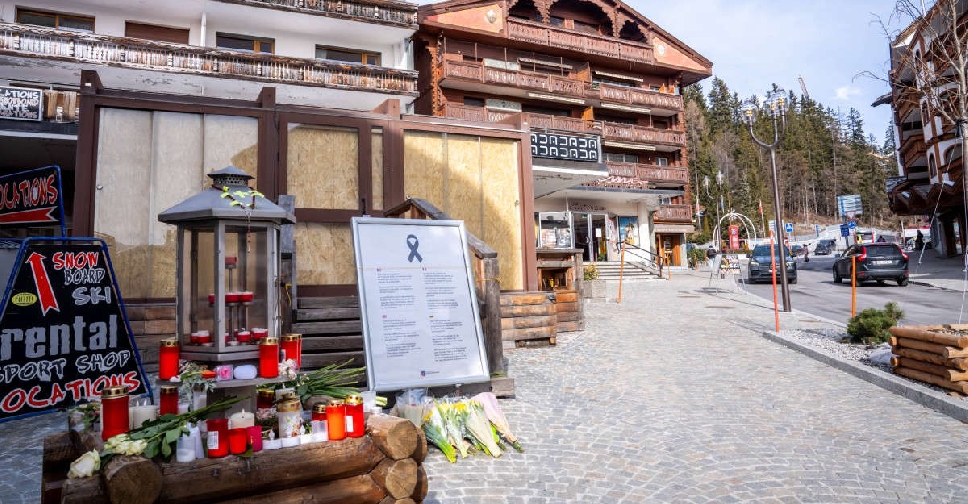 Swiss government to pay $56,000 to each victim of Crans-Montana bar fire
Swiss government to pay $56,000 to each victim of Crans-Montana bar fire
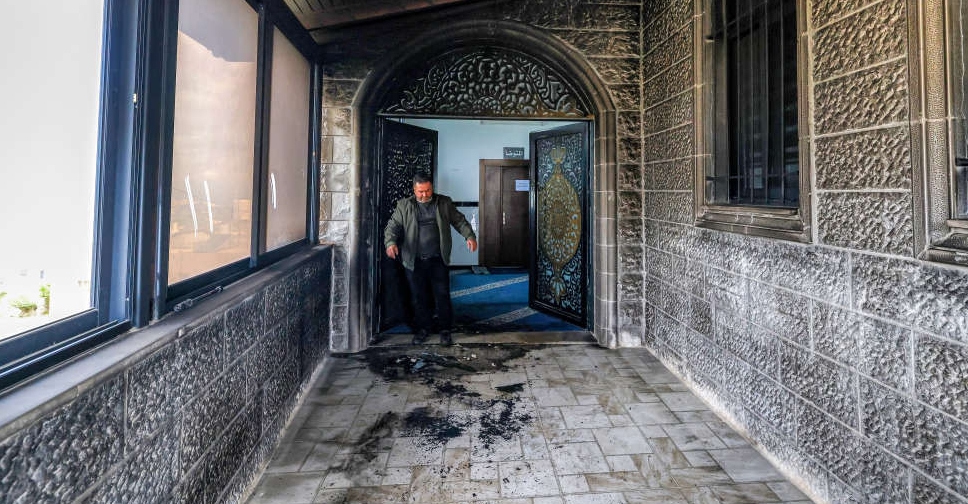 Arab League condemns Israeli settlers' attack on West Bank mosque
Arab League condemns Israeli settlers' attack on West Bank mosque
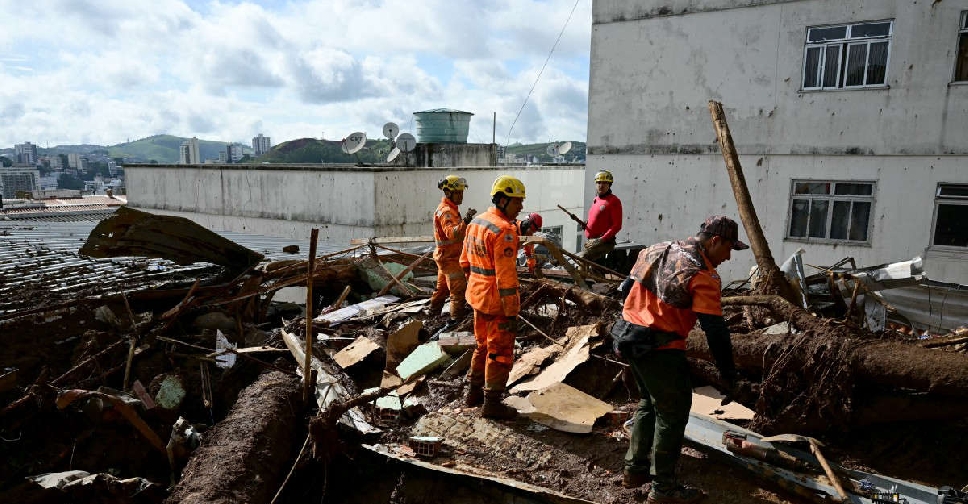 Death toll from Brazil floods rises, dozens still missing
Death toll from Brazil floods rises, dozens still missing
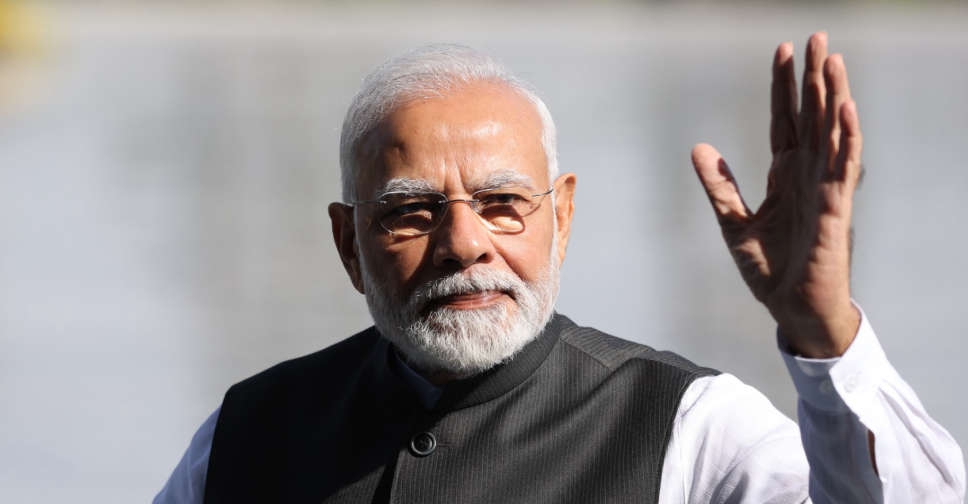 India's Modi to address Israel's Knesset during Israel visit
India's Modi to address Israel's Knesset during Israel visit
